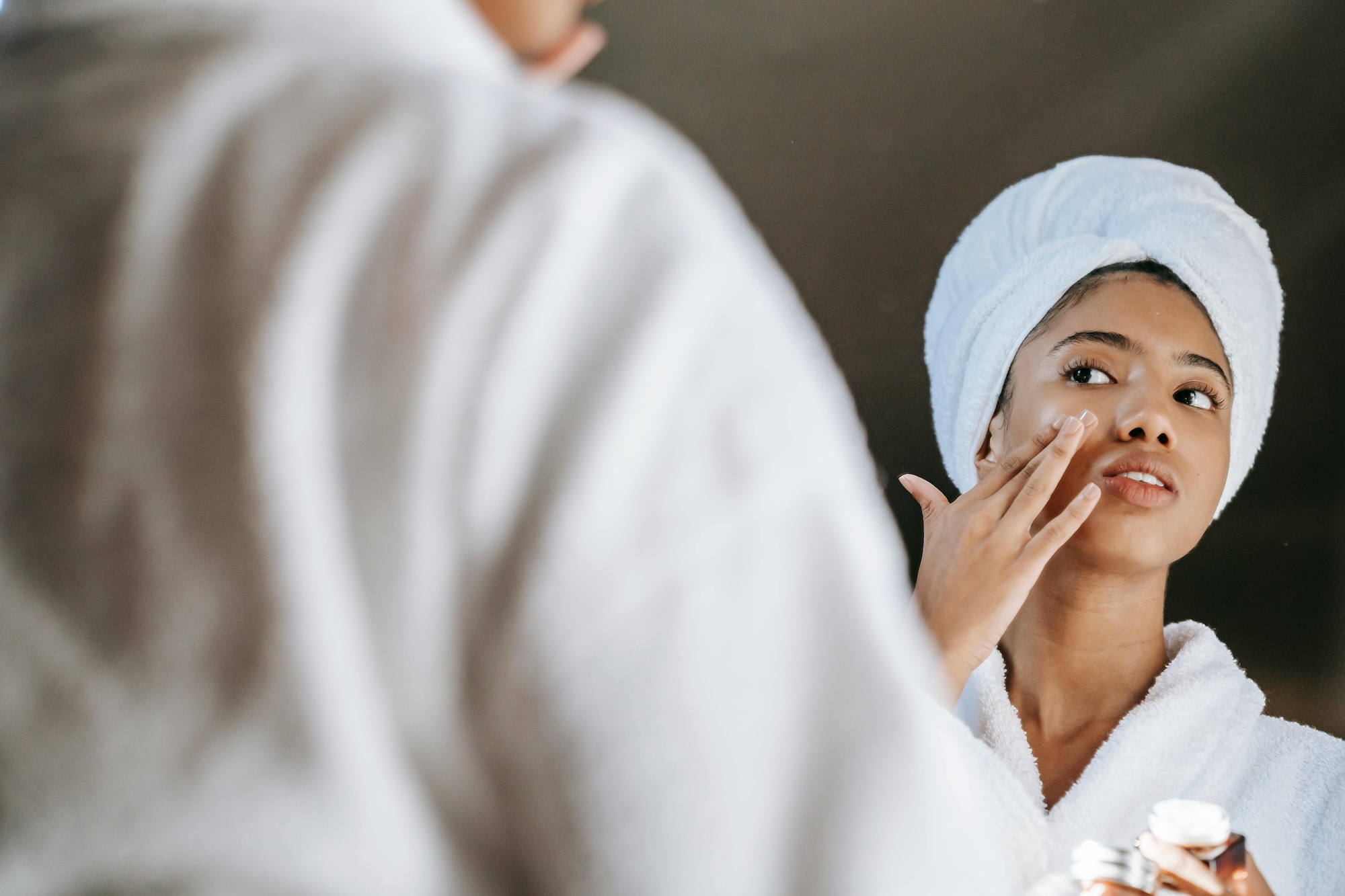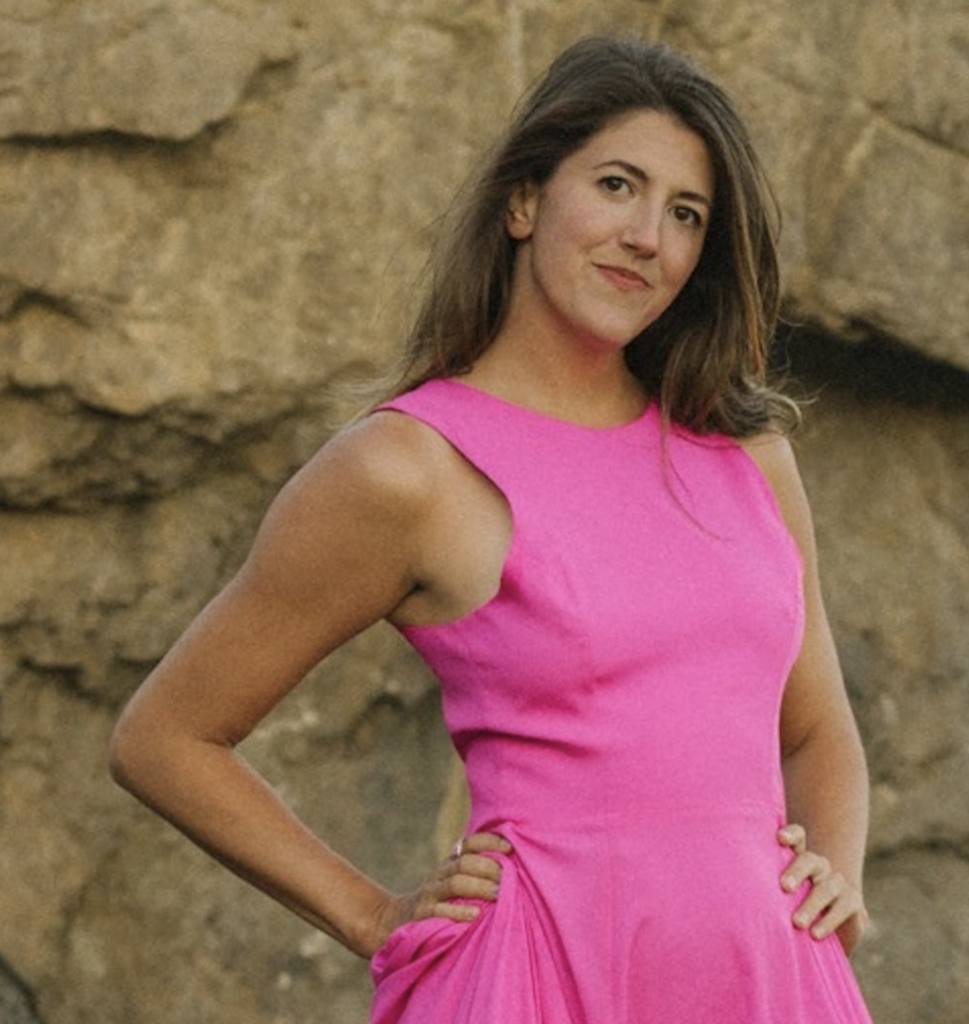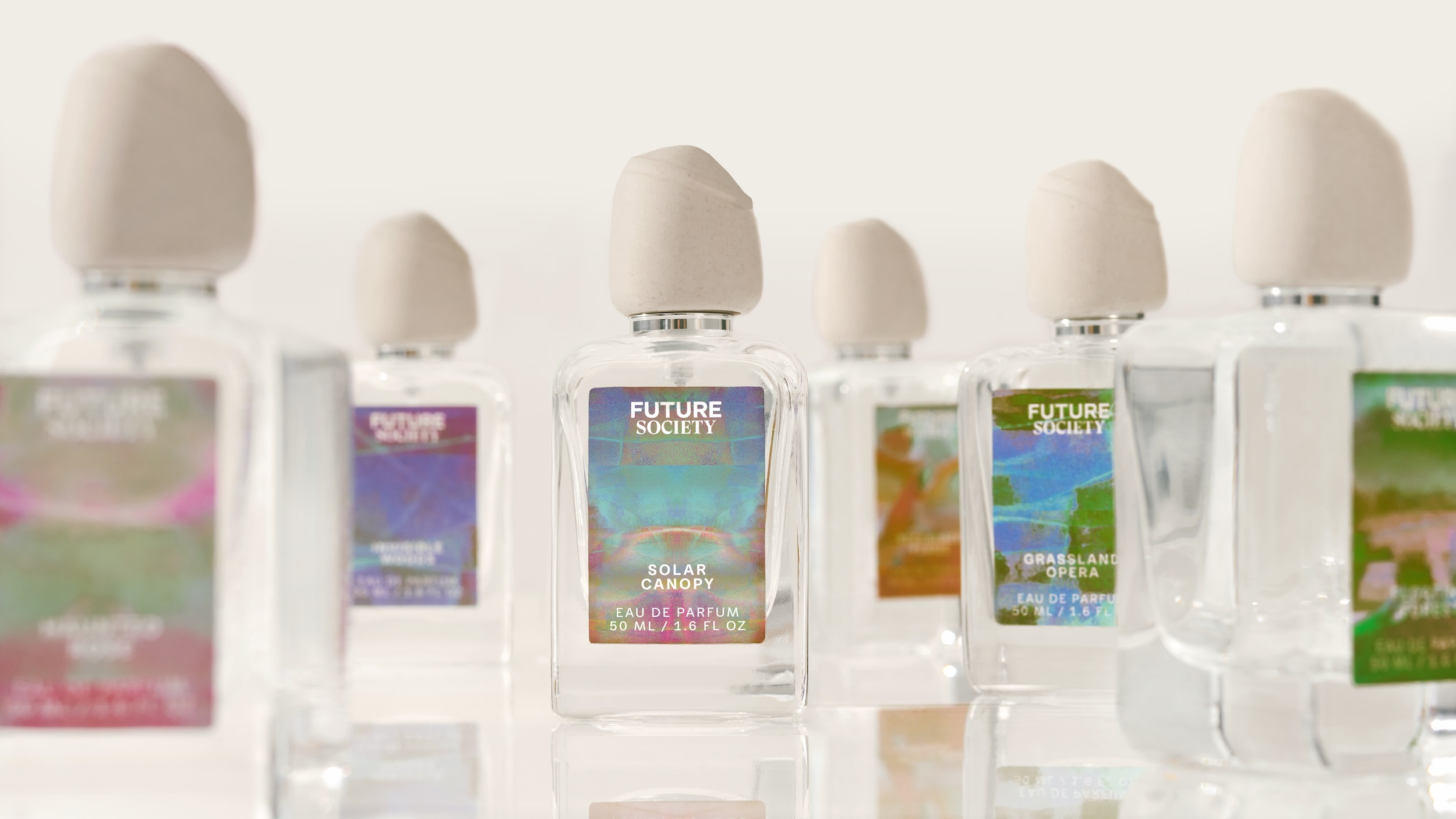“Let’s get one thing clear right off the bat: There can be no ‘biotechwashing’ in beauty.“
In the beauty industry, brands and businesses mostly draw from the same sourcing pipeline and pool of ingredients. This makes product differentiation largely driven by marketing budgets and influencer affiliation versus actual substance variability.
That’s all about to change.
The introduction of advanced biotechnology in beauty spaces is allowing scientists to produce in a lab what was previously sourced through energy-intensive natural extraction or chemical processes. The result? A slew of truly innovative, sustainably-sourced, and highly standardized formulations hitting our shelves.
Biotechnology utilizes living organisms such as bacteria, yeast, and plant cells to replicate or create new ingredients. It is capable of doing what was once only possible through nature, like recreating collagen or palm oil. But it doesn’t stop there. Imagine a fragrance made from extinct flowers that no one has ever smelled before, like those recently launched by Future Society, or a hair-repair serum that automatically matches and clicks into your hair’s unique keratin structure to repair damage on a molecular level, now available from K18 Biomimetic Hairscience.
Biotechnology isn’t entirely new. You may be familiar with its application in the food industry to make biosynthetic burgers or lab-grown steaks, or in fashion to produce vegan leather alternatives. The beauty biotech boom has lagged behind in part because it is a female-driven industry, thus making it difficult for start-ups in this space to be taken seriously by would-be investors and VCs.
Luckily, several companies have persevered and are now leading the charge to integrate this tech into beauty.

Arcaea CEO Jasmina Aganovic | Image Courtesy of Arcaea
One such company is Vytrus Biotech, a Spanish firm that has developed a groundbreaking method to create plant exosomes from turmeric and gotu kola stem cell cultures. These exosomes, tiny particles that carry essential biological information, are used in beauty products to improve skin hydration, promote regeneration, and even enhance hair density. Arcaea, the biotech startup behind the previously mentioned Future Society fragrance brand, is pushing the boundaries of what’s possible with DNA sequencing and biological engineering. Their recent launch of a fragrance line made from the DNA of extinct flowers is a perfect example of how biotech can create entirely new sensory experiences.
Pavise, a company founded by chemical engineer Sophie Bai, has developed a patented ingredient called DiamondCore, which repairs UV damage. And British brand Reome uses biotech versions of vitamins B3 and E in their Active Recovery Broth, a daily serum that avoids the environmental impact of sourcing these vitamins from natural oils.
Debut Biotechnology recently received a $34 million investment from beauty giant L’Oréal to help them create novel ingredients that are already scarce in nature using cell-free fermentation, and Revela’s recent acquisition by beauty platform Oddity for $76 million will greatly expand their work using artificial intelligence to discover new molecules for use in cosmetics. The technology, already commonly used in the pharmaceutical space, is now being applied to create advanced beauty products.
As more biotech beauty brands emerge, the hope is that biotech’s reliance on rigorous clinical and in vivo testing will lead to safer, more effective products, benefiting beauty shoppers around the world.
“Let’s get one thing clear right off the bat: There can be no ‘biotechwashing’ in beauty,” says Joshua Britton, Ph.D., Founder and CEO of Debut. “Biotechnology is underpinned by science, rigorous clinical-testing, and manufacturing standards that have pharma-like precision and data credibility. There is zero margin for subjectivity, marketing interpretation, or spin.”

Image courtesy of Pexels
Arcaea CEO Jasmina Aganovic also feels sunny about biotech’s ability to create safer consumer experiences. “Ultimately, I think this comes down to finding higher precision ways to work with our unique biology, rather than interfering with it.” Aganovic envisions a future where beauty products, such as deodorants and shampoos, can be tailored to work with an individual’s natural biology, offering a new level of personalization and self-expression.
While biotechnology promises to revolutionize the beauty industry with more sustainable and innovative products, it is not without potential downsides. One concern is that biotech ingredients become assumed as more sustainable than their natural counterparts, which may not always be the case. As science communicator and cosmetic scientist, Jen Novakovich, cautions, “You have to look at ingredients on a case-by-case basis.” That said, she does admit that, from what she’s seen, “many Life Cycle Analyses [tracking ingredients’ environmental impacts based, in part, on land and water use] show favorable results for sustainability for biotech.”
It’s also good to remember that a shift to lab-based production could have negative social implications, particularly for small-scale farmers who rely on cultivating flowers or other natural ingredients for their livelihoods. As the demand for biotech ingredients grows, these communities might face job losses, disrupting local economies and affecting the social fabric of agricultural regions around the world.
Moreover, as the beauty industry attempts to shift consumers from a “clean is more sustainable” mindset to a “biotech is more sustainable” mindset, there is bound to be some confusion, especially given current negative perception of genetic modification. The public’s association of GMOs with controversial practices could lead to skepticism about biotech beauty products, even if they are environmentally friendly. To navigate this transition, it is essential that biotech start-ups continue their standard for scientific testing and transparency as they grow into, or are acquired by, larger corporations. As biotech takes precedence, this commitment to scientific rigor will be crucial in building consumer confidence and setting the industry on a responsible path forward.
Biotechnology is opening up a world of possibilities in beauty, from creating nature-identical molecules to developing entirely new ingredients and experiences. As David Koo Hjalmarsson of biotech brand, Tiny Associates Skincare, says, “Although biotechnology enables much more opportunities than creating nature-identical molecules, this is a low-hanging fruit that can enable biotechnology to become more widely adopted. And, subsequently, unleash its full potential.”

Bonnie is a Bali-based freelance writer specializing in a more eco-conscious brand of luxury travel, design, style and wellbeing. Her bylines to-date include Azure Road, Elle UK, BBC Travel, Artful Living, Upscale Living, BLLNR, Well + Good, The New Zealand Herald and many others. For more from Bonnie, you can subscribe to her Substack or follow Bonnie on IG @eco.luxury.bon.



